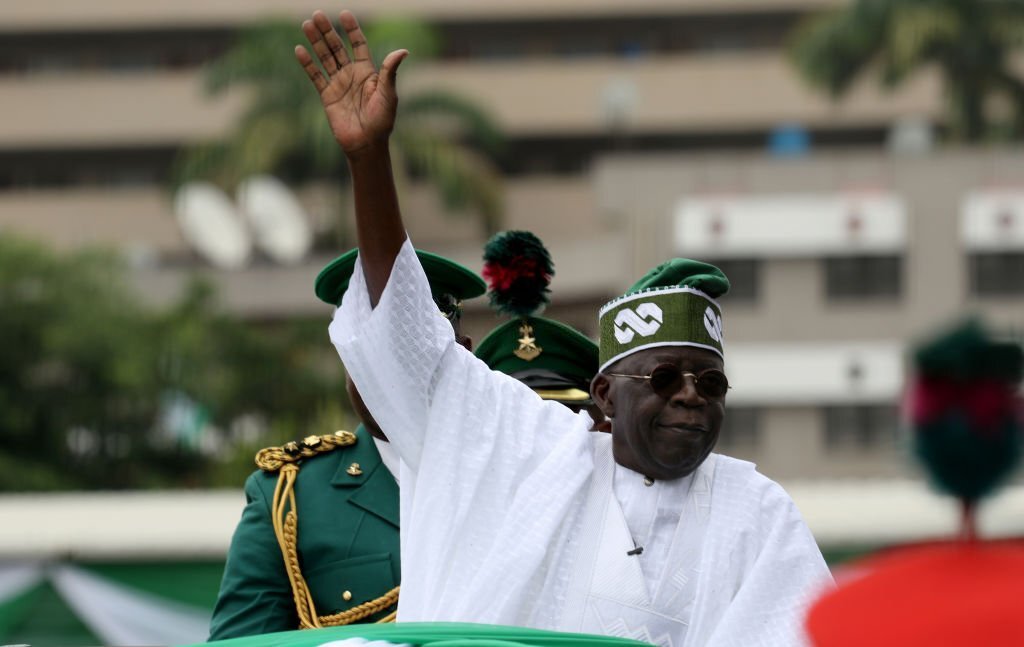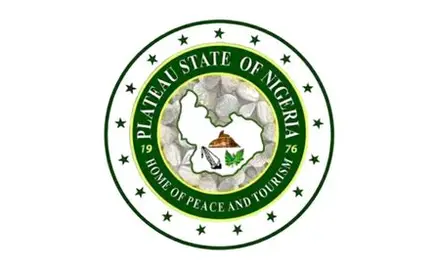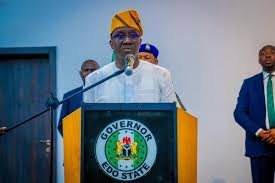
President Bola Tinubu
LAGOS, Nigeria – President Bola Tinubu on Wednesday declared that Nigeria’s economy is rebounding after years of turbulence, even as the nation battles persistent insecurity and hardship.
In his Independence Day broadcast marking Nigeria’s 65th anniversary, Tinubu said his administration inherited a “near-collapsed economy” in 2023 but chose tough reforms — scrapping fuel subsidies and multiple exchange rates — to redirect resources to education, healthcare, security, and infrastructure.
“Yesterday’s pains are giving way to relief,” Tinubu said, pointing to early signs of recovery: GDP growth of 4.23% in Q2 2025, inflation falling to 20.12% — it’s lowest in three years — and non-oil revenue surpassing ₦20 trillion months before target. External reserves hit $42.03 billion, the strongest since 2019, while the stock market soared to a record 142,000 points.
“We are now selling more to the world than we are buying,” the president declared, citing a ₦7.46 trillion trade surplus and renewed foreign investment.
But Tinubu admitted Nigeria’s gains remain fragile. He said insurgency, banditry, and kidnapping continue to threaten lives, even as armed forces push back Boko Haram, ISWAP, and separatist violence.
He also acknowledged that many Nigerians still face high living costs, food inflation, and unreliable power.
“The true measure of progress is not just statistics, but food on the table, quality education, power in homes, and security in our communities,” Tinubu said.
Reeling out social investments, he noted ₦330 billion has already been disbursed to eight million vulnerable households, alongside student loans and youth credit schemes.
Calling for unity and productivity, Tinubu said: “The dawn of a new, prosperous, self-reliant Nigeria is here. Let us put Nigeria first.”




